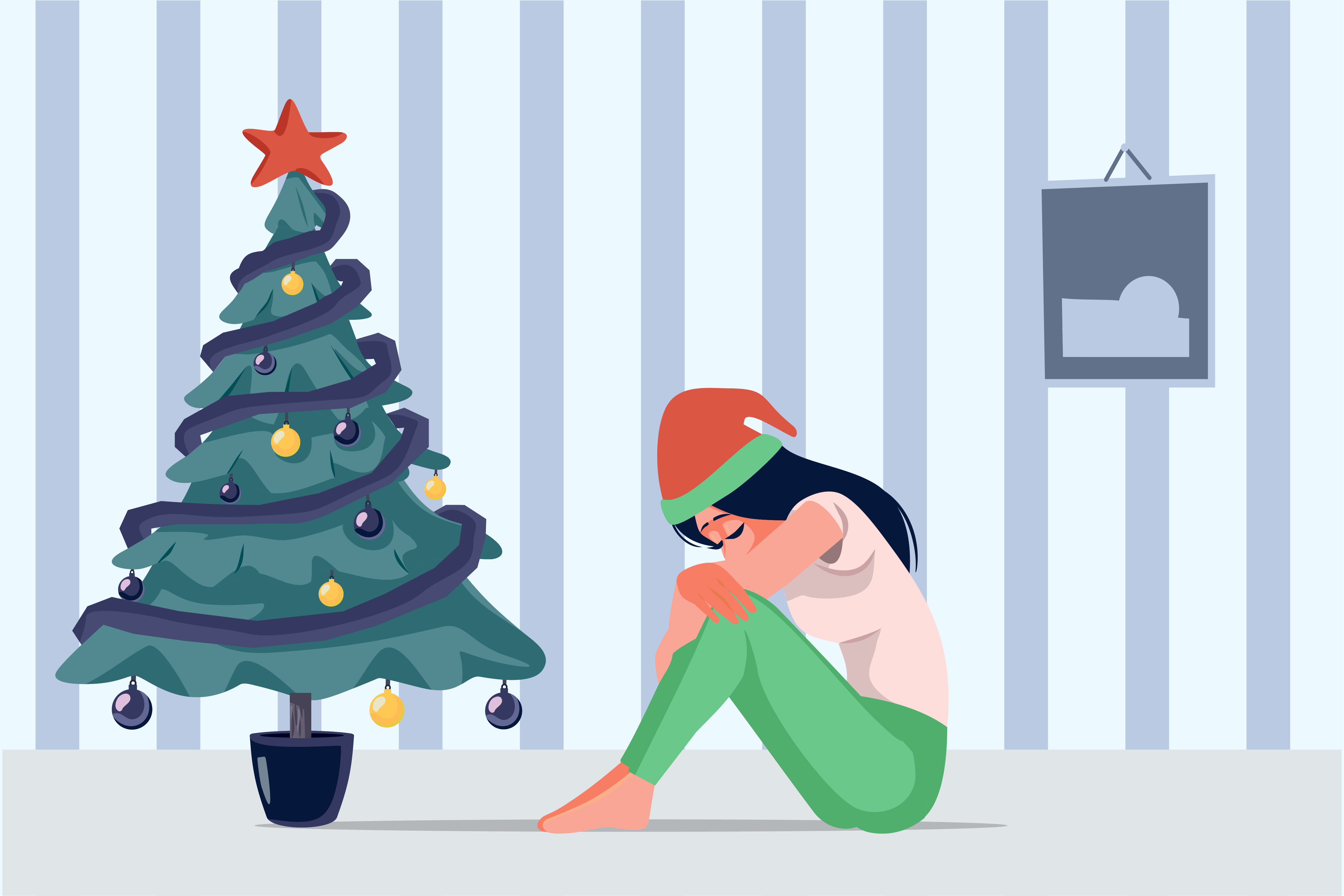
As the festive season unfolds, starting right after Halloween, peaking at Thanksgiving, and continuing until the year's end, we're swept into a whirlwind of gift exchanges, intense marketing campaigns, numerous parties, and many activities. This period, while designed to evoke joy and affection, often becomes a source of stress for many. Many find the festive period 'somewhat' or 'very' stressful, equating it with the tension of requesting a pay rise. Why does this season get us so frazzled?
The Problem of Excess
The saying "everything in moderation" holds, especially during the holidays. Excess, even enjoyable activities, lead to overwhelming stress, overshadowing the joy they're meant to bring. While a certain level of stress, known as "eustress," is beneficial for motivation and vitality, too much of it adversely affects our mental and physical health.
Overindulgence in Festivities
The abundance of festive gatherings often leads to overeating, excessive drinking, and overspending. The repercussions of such indulgence, including debt, weight gain, and regrettable memories, can persist long after the holidays, adding to stress levels. Additionally, in more challenging economic times, the pressure to find affordable gifts and the burden of holiday debts can be significant stressors.
Family Dynamics and Solitude
Family gatherings during the holidays can be heartwarming, but excessive family time can strain relationships, challenging individuals to balance togetherness and personal space. Furthermore, family roles often reflect past dynamics rather than current realities, adding tension to these reunions.
Conversely, the holidays can be particularly challenging for those who feel isolated, especially for those who have lost loved ones, intensifying feelings of loneliness.
Seasonal Affective Disorder (SAD)
An often overlooked yet noteworthy dimension of holiday-related stress revolves around Seasonal Affective Disorder (SAD), a form of depression induced by the decreased daylight and shorter days that characterize the autumn and winter seasons. This condition subtly yet profoundly impacts many, adding a layer of stress and sadness in a season expected to be joyful.
Strategies for Minimizing Holiday Stress
Thankfully, holiday stress is predictable. We can anticipate its onset and duration, allowing us to plan strategies to mitigate its impact.
Prioritizing Activities
Before becoming overwhelmed, identify the most meaningful traditions and eliminate lesser activities. For example, if holiday tasks like baking, caroling, shopping, and visiting relatives usually leave you exhausted, consider focusing on just a few favorites.
Finding Shortcuts
If skipping certain activities isn't feasible, try scaling them back. For instance, send holiday cards only to those you frequently communicate with or simplify your baking by purchasing from a bakery. Minor adjustments like these can yield a substantial impact.
Healthy Holiday Eating
Awareness of eating habits during the holidays is crucial. Plan to manage triggers, have healthy options, and practice mindful eating. This foresight can help prevent overindulgence and emotional eating.
Adjusting Expectations for Togetherness
Reflect on past experiences to determine a comfortable level of socializing for you and your family. Limiting the duration of gatherings or the number of events you attend can help maintain a joyful yet manageable holiday season.
For those feeling isolated, consider organizing a gathering with friends or volunteering, which can provide a sense of fulfillment and shift focus from what is lacking to what is available.
Scheduling and Self-care
Planning your activities and including downtime can prevent over-commitment. Also, try to spend time outdoors daily, as natural light can alleviate symptoms of SAD.
Remember to Breathe
Taking deep, conscious breaths can quickly reduce stress. Envision inhaling calmness and exhaling stress for enhanced benefits.
Conclusion
The holiday season, while a time of celebration and connection, can also be a period of considerable stress. Recognizing and addressing the potential sources of this stress is critical to maintaining your physical and mental health and the spirit of the season. It's essential to balance social obligations and personal needs, manage expectations, and prioritize self-care.
Adopting a proactive approach, such as planning, setting realistic goals, and acknowledging personal limits, can significantly reduce the stress of this time of year. It's important to remember that the essence of the holidays lies in joy and togetherness, not in perfection or overexertion. By prioritizing what's truly important and granting ourselves the space to pause when needed, we can sail through the holiday season with a feeling of serenity and contentment, transforming it into a delightful and unforgettable period for us and our cherished ones.




